
News
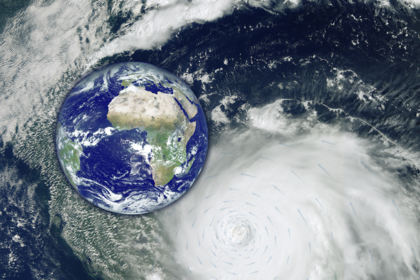
Expert committee recommends the selection of the WIVERN satellite mission as the 11th Earth Explorer
An expert committee has recommended the WIVERN satellite mission to be selected as the eleventh “Earth Explorer” mission of the European Space Agency…

Observations, theory, and machine learning: Three guests from the IISER-MPG program start their work
During their several-month research stay at the Max Planck Institute for Meteorology, master's students Srinivas Adireddi, Medha Murti, and Chitvan…

Lennart Bengtsson is celebrating his 90th birthday
The Max Planck Institute for Meteorology congratulates its former director, Lennart Bengtsson, on his special day.
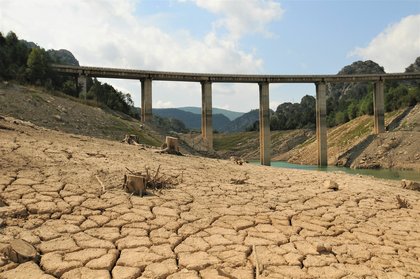
More weather extremes in Europe during the summer under climate change
Due to global warming, the North Atlantic Oscillation, an atmospheric circulation pattern that strongly influences European weather, is becoming more…

Jin-Song von Storch elected into the European Academy of Sciences
The European Academy of Sciences has elected Jin-Song von Storch as a new member, thereby honoring the climate researcher's outstanding scientific…
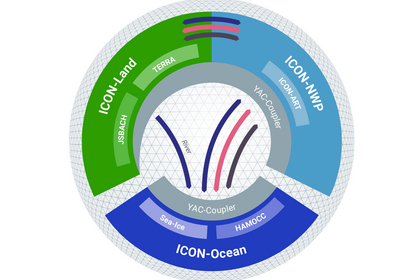
Weather forecasting and climate modeling move closer together
The ICON model can be used for weather forecasting as well as climate predictions and long-term projections. So far, however, the different…
Our Research
Department Climate Physics
Department Climate Dynamics
Department Climate Variability
Independent Research Groups
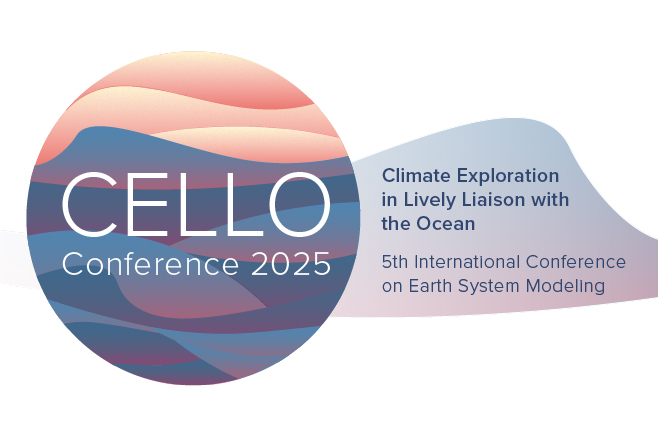
CELLO Conference, 16–18 September 2025, Bucerius Law School, Hamburg
During our anniversary year, the conference “Climate Exploration in Lively Liaison with the Ocean” (CELLO) gathers experts in ocean turbulence, air-sea and ice-sea interaction across scales, and modeling. We are thrilled to welcome an outstanding lineup of keynote speakers.
Revisiting the Blue Marble: ICON simulating the coupled climate system at 1 km
The early 1970s is often associated with the birth of the modern environmental movement. In 1970 the first Earth day was celebrated, and Greenpeace was founded in 1971. In March 1972 the Club of Rome published its influential report entitled the “limits of growth”. The growing environmental consciousness was ...
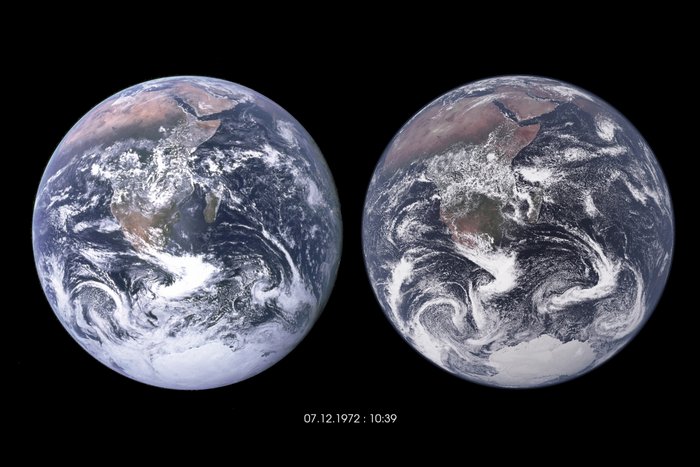
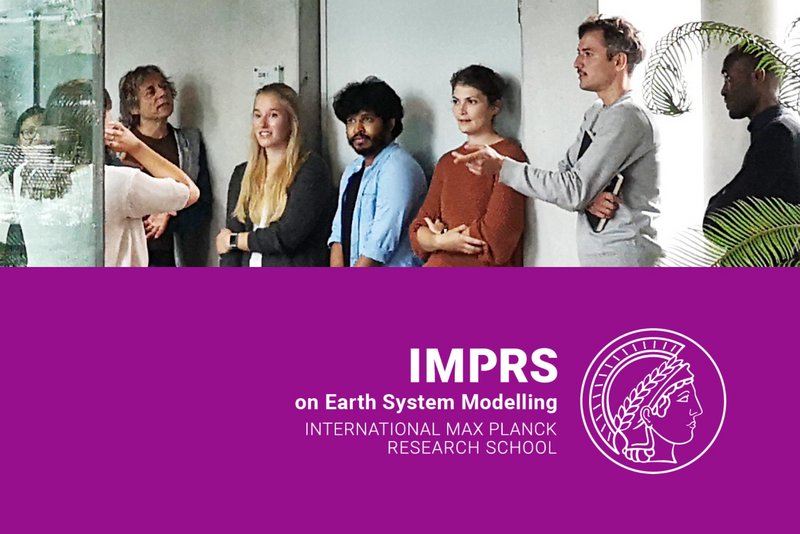
The International Max Planck Research School on Earth System Modelling
The International Max Planck Research School on Earth System Modelling (IMPRS-ESM) offers a structured, interdisciplinary and international program for graduate students who want to earn a PhD degree. The main focus of our doctoral program is to advance our understanding of processes and dynamics in the Earth system as well as our prediction skills.



